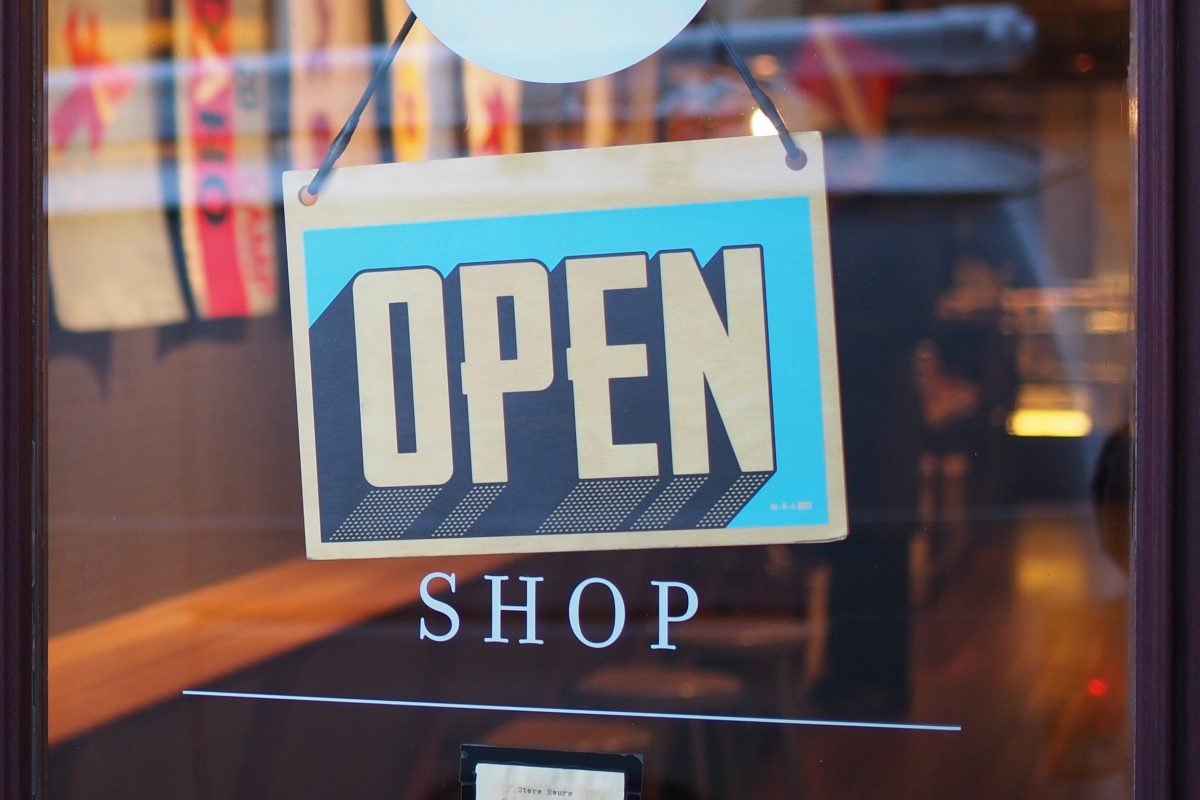SES San Jose Keynote with Marissa Mayer
Welcome to Day 3 of SES. It’s time for Marissa Mayer’s keynote. Let’s do it.
[Okay, bear with me. It’s taking a little while for the Incisive folks to get things set up this morning. I’m just realizing that this is the first session I’m covering with Danny present. I’ve missed the Sullivan banter.
Vanessa Fox is stalking Tamar. She should leave. Vanessa, I mean. Hi, Vanessa.]
Danny starts off asking about Google Universal Search. It was a radical change for Google. He asks what the impact has been like.
Marissa says Google has been really happy with the way Universal Search has turned out. They changed the entire infrastructure of how things worked. The users seem to really like clicking through the new results. They have a long way to go and lots more changes to make.
The idea for Universal Search was to move away from ten blue links and give users richer answers. They want it to feel like an encyclopedia. Like Wikipedia. Today Google is only integrating maps, news, images, video, and books into the results. Eventually, they’ll put blogs and scholar info and some of the other searches in as well.
Danny talks about the attractiveness of the Ask3D feature and asks if Universal needs to be prettier.
Marissa says Google really tries to focus on function before form (zing!). They need to make sure it works really well and then worry about what it looks like. They’ve found that searchers want to be able to get to a result quickly. Ask’s approach takes more time because users have to search for the information on the page (zing!). She thinks a list of ordered results makes more sense for users.
Danny says that it’s been interesting to see how the SERPs are evolving with AJAX. Marissa agrees and says they have a few bells and whistles.
Google Universal Search opens up a new playground for Google. They can go and gather all the results and then decide what to display. It gives them a large degree of freedom in how to order results.
Danny starts talking about the recent changes made to Google Video. Marissa repeats that Google’s mission is to organize the world’s information and that they mean that. They realize that not every content creator is using YouTube. It’s Google’s job to be able to find it.
The next topic at hand is Personalized Search. What’s been the update with that?
Marissa looks at the future of search and says there are a number of things that will change. Google itself gets better every single day. In 10-15 years, the search engines will understand more about the users that use them. We’ll see more relevance for users. Personalized search is just in its infancy. It’s been one of the biggest advances in search quality and there are still a lot of things they’re experimenting with. There are tens of millions of personalized search users. She comment that it’s fun to see what signals matter.
One signal that seems to really matter in personalized search is previous searches. If you do a search for "travel" and then later do a search for "deals", Google will give you results for "travel deals". They want there to be parity in the way they do ads and the way they do organic.
What other things will affect personalized search?
Google is just getting started so it’s hard to know what variables are going to influence relevancy. They’re looking at things like location, address books, etc. They’re asking users to opt in to the signals they use. As they get the data, they’re trying to see what turns the dial the most.
Danny compares Personalized Search to Amazon and how bad "personalized suggestions" can be. You can’t predict what users want in the future.
Marissa says that for those items, Google focuses on the issues of transparency and control. They’ve made search history available so users can look at the information Google has collected about them to see what factors they are using to personalize the results. If you see something (a weird search) that is skewing your results, you can remove it from your history.
Marissa has spent a lot of time talking to people about whether they should mark the personalized results so users know what they’re looking at. She says there’s a spectrum of how much those personalized results are being affected by the profile. She doesn’t think marking the results is the right model as we become more and more sophisticated. They’re looking at marking some of the results but there is a gray area in how far they can go.
Danny asks if there shouldn’t be a button or some way to toggle personalized results on and off. Search marketers would like that.
Marissa’s response to that is that you can sign in and out. Her view is that personalized results will become the default in the future. [Do not want! –Susan] Google wants users using personalized results and doesn’t want them thinking about whether they’re using personalized or not. They should just know these are the right results for them.
Danny starts talking about privacy. Google said they would anonymous log data and now everyone is doing it. Google is anonymizing the search data but then they’re building services that collect data about users. How do you balance that?
Marissa says if you’re not logged in then Google is using the anonymization features. If you are logged in, then you’ve already signed up for a product and agreed to additional privacy policies. This may give Google a longer history for users because you opted into it, but the information is being put into a safer system.
Danny touches on the personalized experience and talks a bit about iGoogle. Google has had a growth in gadgets and at the same time things like Facebook have opened up. How does Google view Facebook? Do you think its hype or do you think the platform is valuable?
Marissa thinks the strength of iGoogle and Facebook apps is that they’re open platforms. It’s not necessarily a walled garden. The power of these programs is that anyone can create a gadget or a FB application. For webmasters, both gadgets and FB apps provide an opportunity to form a deeper connection with users. Some people have pointed out that gadgets and FB platforms are a new kind of advertising. And it’s not just an ad or a small piece of content, you can use them to actually interact with users. Better distribution. It’s a compelling opportunity.
Marissa admits she has profiles on all the social networking sites. Go friend her! I’m kidding. Leave the woman alone.
Danny makes a Jason Calacanis crack. Heh.
Google is often painted as the algorithm purist. That they believe in all algorithm, all the time and they don’t get humans involved. That’s not true. The algorithm is important because it’s the only way to ensure comprehensiveness. But once you have that base of algorithm, you can layer that human input into it. Now Google is starting to look at things like Google Co-op where users are layering results or Google Notebook where users are pulling information themselves. The best answer is to layer both the algorithm and humans together.
Danny talks about the comment feature that was added to Google News. (The LA times did a big editorial about it this weekend.) Where is that going?
Google News has always been a different kind of news site. They’ve been focused on providing clusters because they wanted to provide multiple viewpoints. The founder really wanted people to not only see one story, but to see what everyone else was saying about that topic. Marissa thinks the comments are about adding that and taking it to the next level. News readers become even more informed because not only can they read the published viewpoints, they can also read commentary from the people involved. They thought it would be compelling. (I think it’s retarded.)
Danny switches over to Google Local and asks Marissa about the usability of it.
Danny: Talk about the usability in terms of fun of voyeurism. Do we need street level viewing?
Marissa says street viewing is about finding information faster. If you’re meeting someone for coffee, it’s nice to know what the building looks like before you get there. It helps you get an idea of where you’re going. Yes, when they take these pictures, there are people in the world and there are licenses plates, but that’s not what the feature is about. When they find out that faces are being captured or that there’s something there that shouldn’t be, they take steps to blur it.
Mobile search: People are saying it’s finally going to take off. Google has rolled out the 411 service. Talk about the integration with mobile.
Google is seeing more and more mobile activity. Marissa gives a weather report every week at Google to talk about what’s going on. She says that mobile has seen a big increase this summer as users are switching off computers and logging on via their phones while they’re on the go. She talks about the iPhone and actually fires hers up to show the audience some Google integrated features. She shows how you can do a search for "pizza" and find all the pizza places in San Jose.
Great. Now it’s 10:00am and I want pizza. Thanks, Marissa.
Closing thoughts:
Favorite non-Google product: Facebook.
Most interesting Google products according to Marissa: Book Search, iGoogle, Desktop.
26,000+ professionals, marketers and SEOs read the Bruce Clay Blog
Subscribe now for free to get:
- Expert SEO insights from the "Father of SEO."
- Proven SEO strategies to optimize website performance.
- SEO advice to earn more website traffic, higher search ranking and increased revenue.

LEAVE A REPLY









